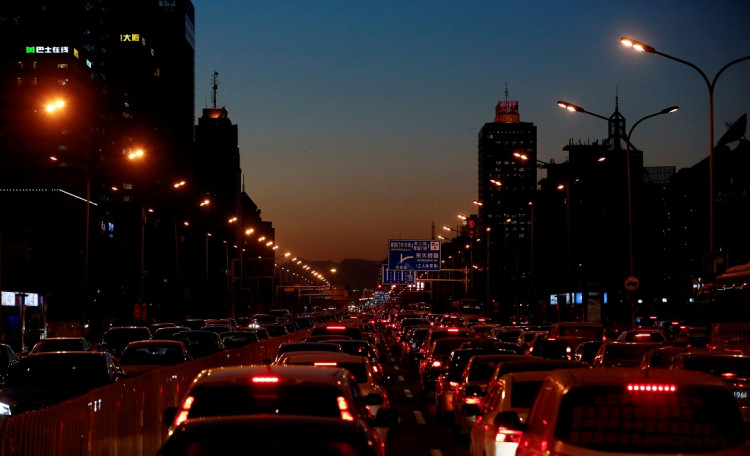The world's second-largest economy had experienced a massive boom in car sales shortly after the global financial crisis in 2008. However, China's car market has now fallen for the tenth month in a row, raising concerns over its financial incentives and ownership restrictions. The topic has recently come under the limelight, with institutions and individuals now giving their two cents on social media and in public forums.
There are currently two sides to the current argument. On one side, carmakers and different agencies are pushing for an easement in the car ownership limitation. Major Chinese cities such as Beijing, Shenzhen, Guangzhou, and Shanghai have imposed a car license lottery and auction system that limits the number of cars on city streets.
Manufacturers and economists are arguing that limiting ownership will only negatively affect the market, which is a huge source of tax revenues and jobs in China. The same people are also pushing for added financial incentives to further improve consumption in the country, which they argue will eventually lead to further economic growth.
On the other side of the argument, some have postulated that removing these limitations may cause bigger problems for the public such as worsening traffic congestion, air pollution, and health problems. Both arguments have valid points, which is why it has recently become a hot topic on social media and in public discussions.
The debate was further intensified by a recent report from local media outlets stating that there is now a proposal to allow all urban households without vehicles to immediately buy one. The proposal also reportedly includes a provision to increase municipal vehicle quotas by as much as 100 percent. The government has so far not commented on the reported proposal, but its revelation immediately caused a spike in the stock prices of major Chinese car manufacturers.
In China, it is currently very difficult to buy a vehicle, even for those who can afford to pay for it in cash. In Beijing, the pool of people waiting to be picked in the lottery system has ballooned, while the supply of new registrations has remained fixed at 100,000. If the new registration limits are extended, it would likely kick off another round of frenzied buying, which would drastically boost consumption numbers.
In 2008, China had around 170 million cars in active use. By the end of last year, the country had over 327 million registered vehicles or roughly the same amount the United States. Horrendous traffic jams are now commonplace in major cities, which are also now becoming the most congested places on the planet. Chinese President Xi Jinping recently made an announcement that he was putting the country's air pollution issue as the government's top priority. That goal may be more difficult than it sounds as the government would have to strike a balance to make both sides of the debate happy.






